Are you a literature enthusiast? Here are the best language and literature museums in Andalusia
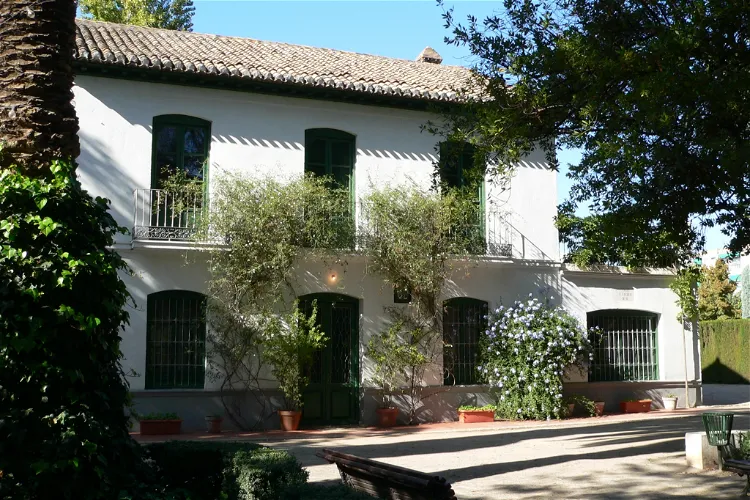
Huerta de San Vicente
GranadaThe Huerta de San Vicente, popularly known as the Casa-Museo de Federico García Lorca, served as the summer residence of the García Lorca family from 1926 to 1936. This period was up until the assassination of the poet during the early weeks of the Spanish Civil War. The house and its orchards are located in the heart of the Federico García Lorca Park, which was inaugurated in 1995.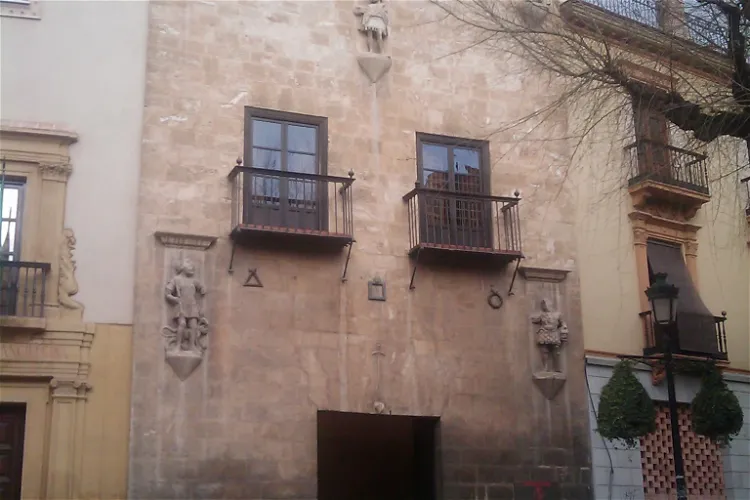
Museo Casa de Los Tiros de Granada
GranadaLa Casa de los Tiros is a museum and building situated in the Realejo neighborhood of the Spanish city of Granada, in the autonomous community of Andalusia. The museum is located on Pavaneras street, making it easily accessible for tourists visiting the city.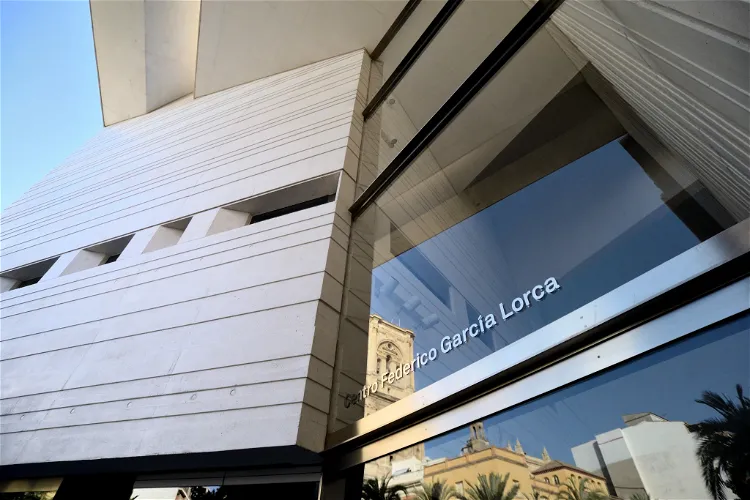
Centro Federico Garcia Lorca
GranadaThe Centro Federico García Lorca is a cultural institution that focuses on the study and research of the life and work of the poet Federico García Lorca. It is also dedicated to the dissemination of his literary works and the conservation of his documentary legacy. This makes it a significant destination for those interested in the life and works of this renowned poet.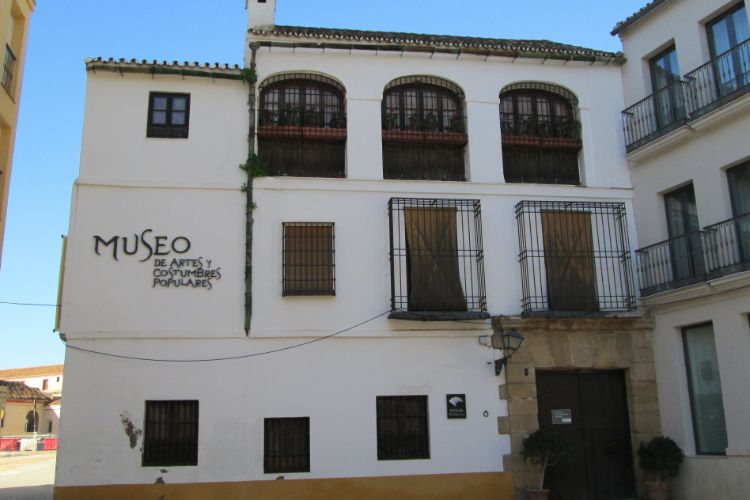
Museo de Artes y Costumbres Populares
MálagaMuseo de Artes y Costumbres Populares (The Museum of Popular Arts and Customs) is an ethnographic museum in Malaga. The museum is housed in the Mesón de la Victoria, a 17th century inn located on the banks of the Guadalmedina River. The museum exhibits its collection in nineteen rooms that represent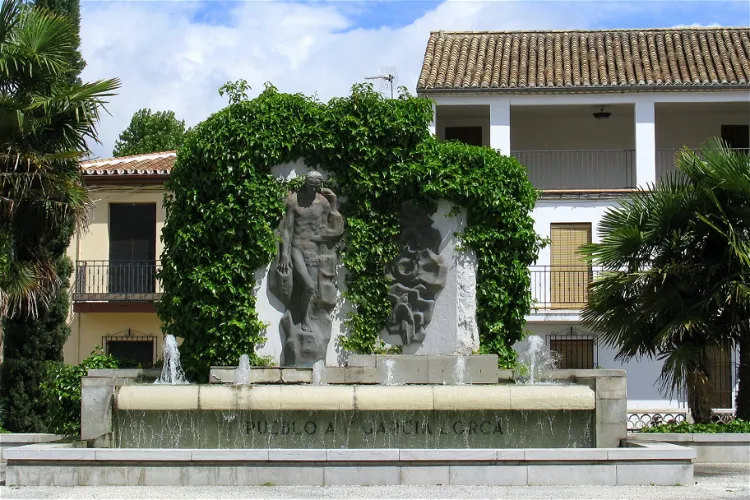
Federico García Lorca Birthplace Museum
Fuente VaquerosThe Federico García Lorca Center is a cultural institution that is dedicated to the study and research of the life and work of the poet Federico García Lorca. It also focuses on the dissemination of his literary production and the conservation of his documentary legacy. This makes it a significant place for those interested in the life and works of Lorca.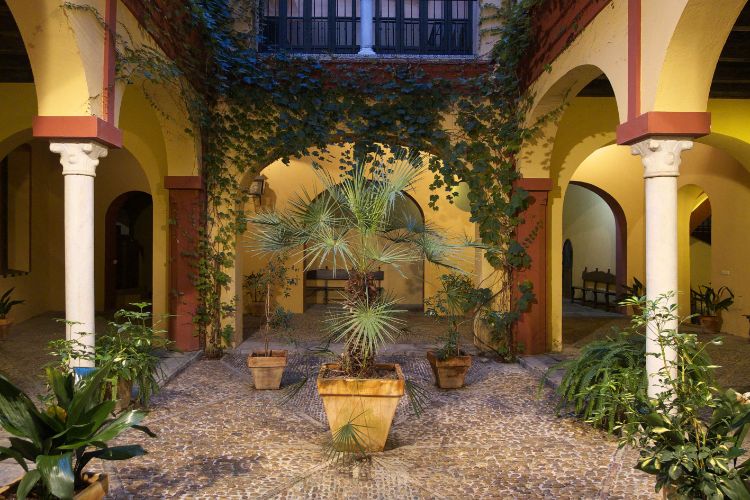
Casa de los Pinelo
SevilleThe Casa de los Pinelo is a Renaissance buidling in Seville that houses the Real Academia Sevillana de Buenas Letras and the Real Academia de Bellas Artes de Santa Isabel de Hungría. The building is a house-palace of medieval origin that was later enriched with different Renaissance elements. The co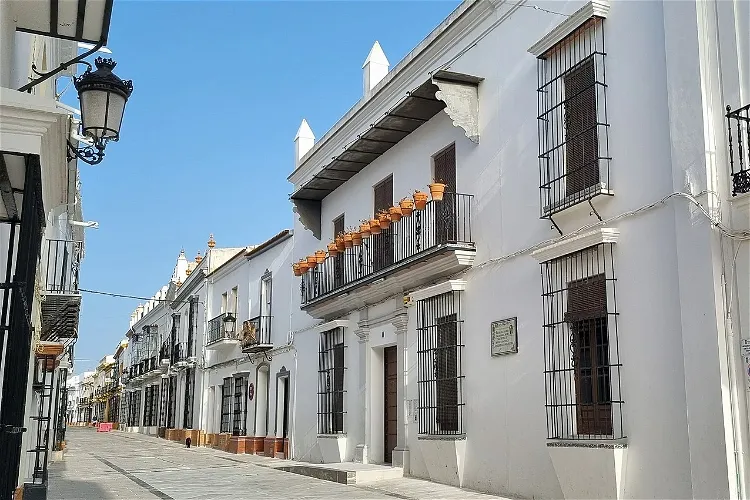
Casa Museo Zenobia y Juan Ramón Jiménez
MoguerThe Casa Museo Zenobia y Juan Ramón is situated in the town of Moguer, in the province of Huelva, Spain. The museum is housed in a building that dates back to the 18th century. Over the past few years, the building has undergone extensive restoration to address the significant issues it had due to the passage of time.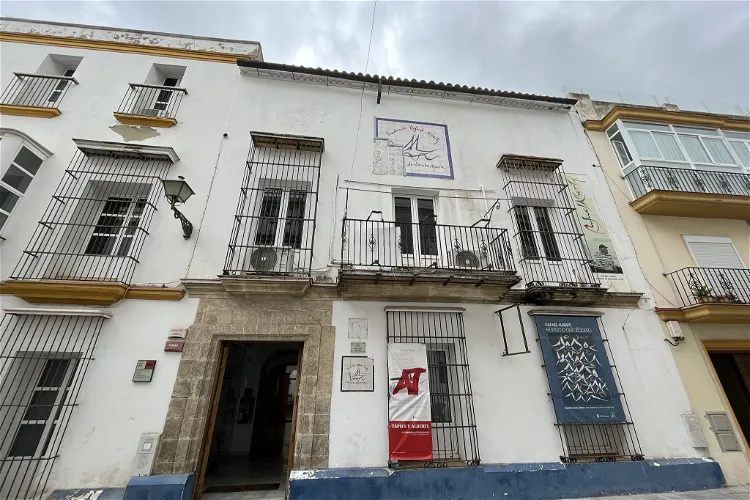
Museo Fundación Rafael Alberti
El Puerto de Santa MaríaThe Museo Fundación Rafael Alberti is located in the beautiful city of El Puerto de Santa María in Spain. This museum is dedicated to the life and works of the renowned writer and poet, Rafael Alberti. It offers a unique opportunity to delve into the world of this celebrated Spanish literary figure.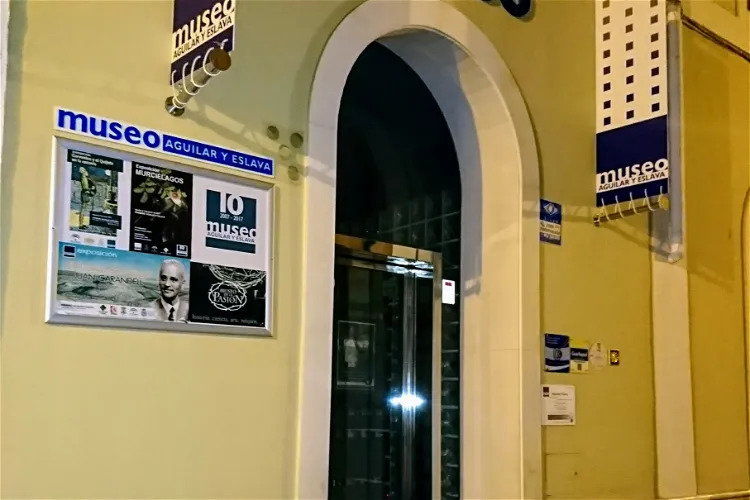
Aguilar y Eslava Museum
CabraThe Aguilar y Eslava Museum is situated in the historic building of the former Royal College of the Purísima de Cabra. This building also houses the IES Aguilar y Eslava and is home to the historical and artistic collections of the Aguilar y Eslava Foundation. The museum's location in a historic building adds a layer of cultural and historical significance to the exhibits on display.